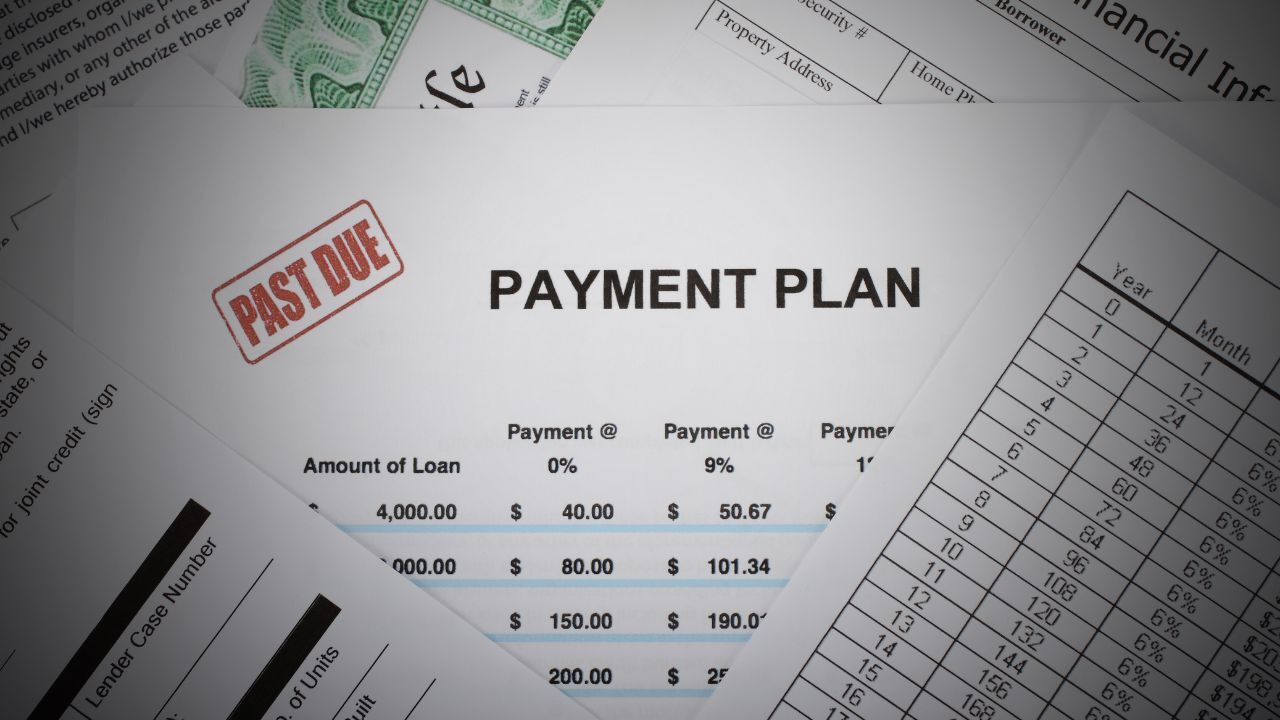What’s Ahead For Mortgage Rates This Week – December 15th, 2025

The Federal Reserve Interest Rate decision occurred the prior week, with the Federal Reserve cutting interest rates another quarter as expected by many industry analysts. This has given the market a lot of optimism that the trend will still continue and the Chairman Jerome Powell has stated it’s a good time to wait and see where the economy is headed before cutting rates further, giving further confidence more will be coming next year.
There was also the U.S. Trade Deficit to gauge where the current trade policies have positioned the U.S. and it has been reported that the expectations for the trade deficit have been beat this time by a significant amount. With the economy still in an overall strong position, there is some optimism that the tariff policies have not had as negative an impact as initially presumed.
Federal Reserve Rate Decision
The Federal Reserve on Wednesday lowered interest rates again in a continued effort to keep the labor market intact, despite objections from several key Fed officials who believe the central bank should be prioritizing the higher cost of living instead. A majority of policymakers voted to lower the benchmark lending rate by a quarter point for the third consecutive time, to a range of between 3.5% to 3.75%, the lowest in more than three years.
U.S. Trade Deficit
The U.S. Census Bureau and the U.S. Bureau of Economic Analysis announced today that the goods and services deficit was $52.8 billion in September, down $6.4 billion from $59.3 billion in August, revised.
Primary Mortgage Market Survey Index
• 15-Yr FRM rates saw an increase of 0.10% for this week, with the current rate at 5.54%
• 30-Yr FRM rates saw an increase of 0.03% for this week, with the current rate at 6.22%
MND Rate Index
• 30-Yr FHA rates saw an increase of 0.01% for this week. Current rates at 5.90%
• 30-Yr VA rates saw an increase of 0.02% for this week. Current rates at 5.92%
Jobless Claims
Initial Claims were reported to be 236,000 compared to the expected claims of 223,000. The prior week landed at 192,000.
What’s Ahead
GDP data are expected to release this month but there may be delays. The Consumer Confidence report will also give better insight to the state of the economy from the consumer perspective.
 Missing a mortgage payment can feel scary, especially when you are working hard to manage your finances and stay on track. Life happens, and sometimes unexpected situations make it difficult to pay on time. The good news is that one missed payment does not mean you will lose your home. Understanding what happens behind the scenes, what lenders look for, and how quickly you should take action can help you stay calm, fix the issue, and protect your credit.
Missing a mortgage payment can feel scary, especially when you are working hard to manage your finances and stay on track. Life happens, and sometimes unexpected situations make it difficult to pay on time. The good news is that one missed payment does not mean you will lose your home. Understanding what happens behind the scenes, what lenders look for, and how quickly you should take action can help you stay calm, fix the issue, and protect your credit. When two people in a long-distance relationship decide to finally live in the same city, the excitement is huge, and so are the financial decisions that come with it. Moving from long-distance to local often means navigating new jobs, new routines, and possibly a new home purchase.
When two people in a long-distance relationship decide to finally live in the same city, the excitement is huge, and so are the financial decisions that come with it. Moving from long-distance to local often means navigating new jobs, new routines, and possibly a new home purchase.